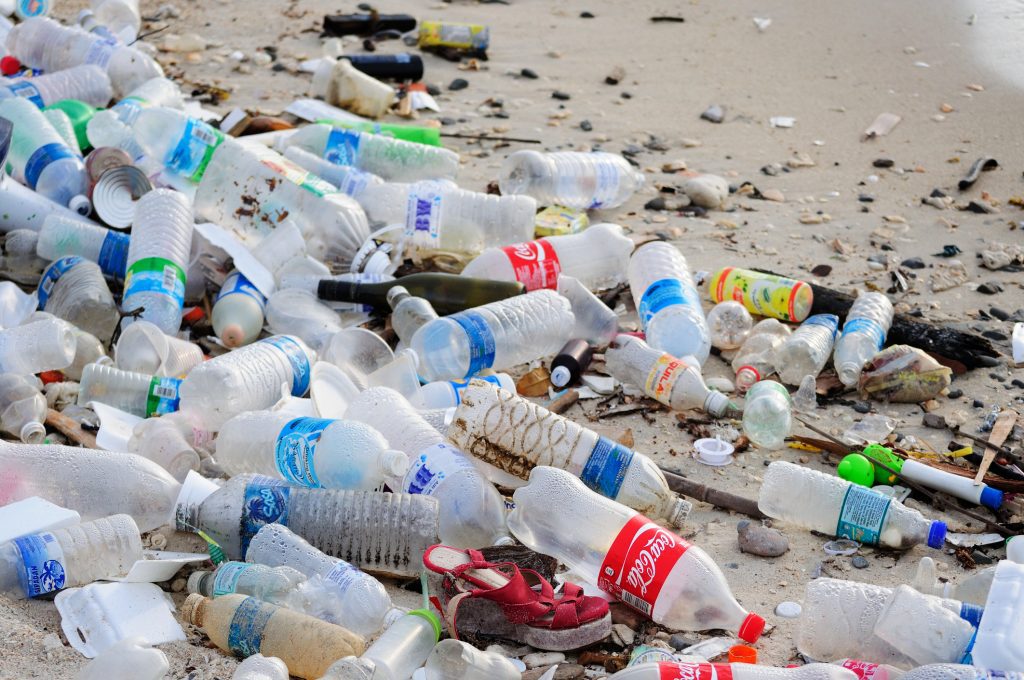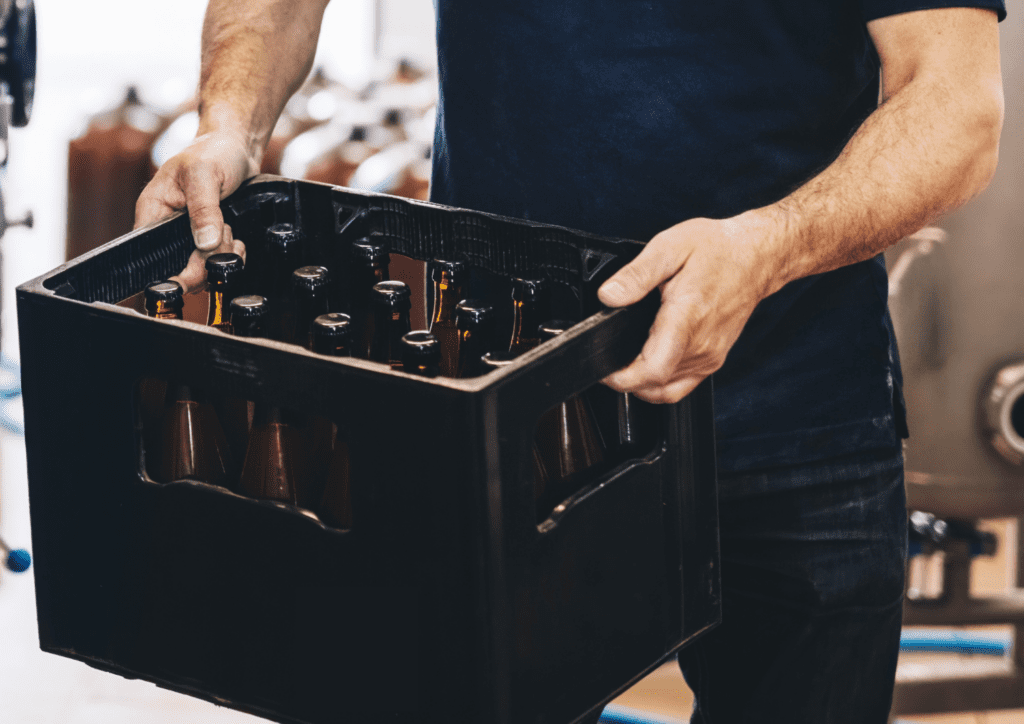Proposed plan for beverage containers relies on ineffective recycling bin system and will cost $44 million more than a quality deposit-return program
Toronto | Traditional territories of the Mississaugas of the Credit, the Anishinaabeg, the Haudenosaunee, and the Huron-Wendat – The beverage industry’s plan to manage beverage containers in Ontario will cost approximately $44 million more than a deposit-return program and is very unlikely to deliver significant improvement to the collection of empties for recycling or reuse. The industry will take over full responsibility for managing containers for beverages such as juice, milk, water and pop starting next month.
“The industry’s so-called ‘Recycle Everywhere’ program will cost retailers and consumers a lot of money for little more than greenwashing,” said Karen Wirsig, Senior Program Manager for Plastics at Environmental Defence. “We’re at a loss for why the government is allowing the industry to go ahead with this plan. It would be far more effective and far less expensive to establish a deposit-return system similar to the Beer Store program.”
The blue bin recycling system only collects and recycles about 43 per cent of non-alcoholic beverage containers in Ontario. In comparison, the Beer Store’s successful deposit-return program collects 80 per cent of beer containers and packaging. Alberta and Saskatchewan both have deposit return for all beverage containers. These two provinces consistently achieve more than 80 per cent returns, which is the target Ontario’s non-alcoholic beverage producers will be required to meet by 2030.
The Canadian Beverage Container Recycling Association (CBCRA), which designed Recycle Everywhere on behalf of the industry, released a budget earlier this year that includes collecting $84 million annually in fees on every container sold in Ontario. According to the association’s plan, that money would go to pay for collection of containers in household blue bins, new bins for public spaces, and a PR campaign to remind Ontarians to recycle beverage containers. The association has not laid out a viable path to achieve the 80-per-cent target by 2030.
By contrast, a study prepared before the new Blue Box rules were finalized outlined how a high-quality deposit-return program targeting a 90 per cent return rate could be implemented in Ontario. The 2019 study estimated that a program with nearly 3,000 return locations across the province would cost less than one cent per redeemed container, for an annual total of less than $35 million. Even factoring in inflation since 2019, a deposit-return system like this would cost less than half the CBCRA’s proposed $84 million program.
“If the province and the beverage industry let Recycle Everywhere go ahead, consumers and retailers will be on the hook to pay for an expensive program that doesn’t work,” added Wirsig. “We estimate that some 1.7 billion plastic bottles alone are thrown into garbage bins or littered in Ontario every year because of the ineffectiveness of the recycling bin system. We must stop this half-baked plan. Deposit return works. It’s past time to act on it in Ontario.”
ABOUT ENVIRONMENTAL DEFENCE (environmentaldefence.ca): Environmental Defence is a leading Canadian environmental advocacy organization that works with government, industry and individuals to defend clean water, a safe climate and healthy communities.
– 30 –
For more information or to request an interview, please contact:
Lauren Thomas, Environmental Defence, media@environmentaldefence.ca





